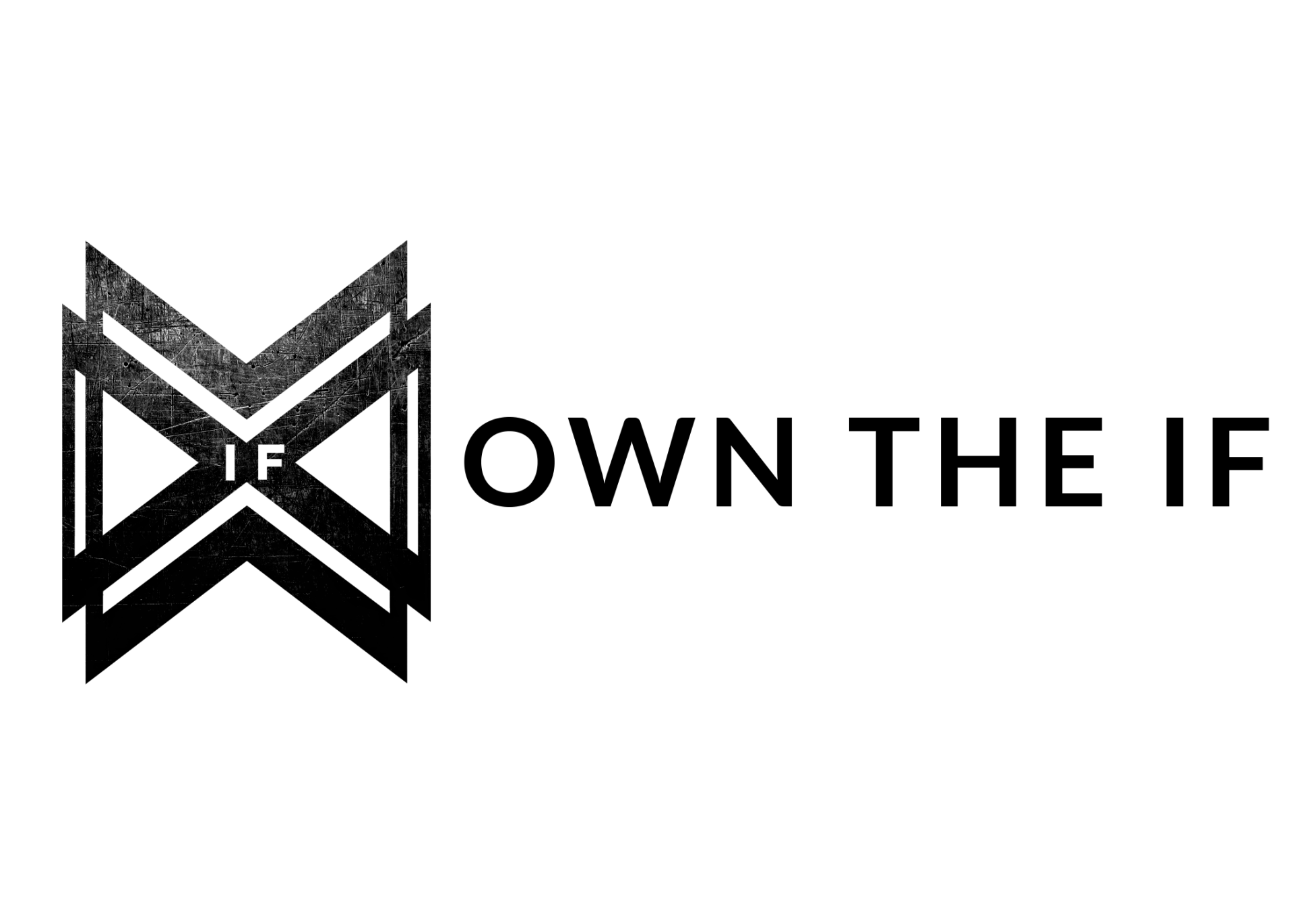You wake up groggy—even after 8 hours of sleep.
Little things set you off.
You’re craving sugar, silence, or a solo vacation.
You’re clenching your jaw and grinding your teeth again.
Your workout felt harder than it should’ve.
You forgot why you walked into the room. Again.
Still, you’re functioning. You’re showing up. You’re telling people, “Yeah, I’m good.”
But hold on a sec: If you’re wired but exhausted, on edge without a clear reason, or white-knuckling your way through the day—this isn’t just a rough patch.
This is your nervous system waving a white flag.
It’s not laziness, weakness, or burnout (yet).
It’s allostatic load—your body’s way of saying, “Hey, I’ve been covering for you... but I’m going to need a minute.”
What It Is (The Science Bit)
Allostasis is your body’s ability to adapt to stress in real time—adjusting hormones, blood pressure, immune function, and brain chemistry to help you meet whatever’s in front of you.
Allostatic load is the cost of that constant adaptation. It’s your internal stress ledger—the accumulated wear and tear from all the ways your body keeps you moving, coping, and “fine.”
This load doesn’t just come from trauma or emergencies.
It adds up from things like:
- Tough workouts, injuries, and poor sleep
- Arguments, mental load, caregiving, decision fatigue
- Screen time, background noise, crowded schedules
- Under-eating, over-caffeinating, not enough joy or pause
Your nervous system doesn’t label which stress is “big enough to matter.” It just keeps the tally.
Once that total creeps too high, systems start to strain—quietly at first, then all at once.
Why Understanding This Matters
You might notice:
- Brain fog that makes basic tasks feel like calculus
- Sleep that doesn’t feel restorative
- Cravings and energy dips that hit out of nowhere
- A short fuse—for no logical reason
- That sense you’re always two steps behind, no matter what
This isn’t a lack of resilience. It’s the cost of constant adaptation.
People who are used to carrying a lot—nurses, teachers, first responders, parents, high performers, business owners, athletes, helpers—tend to get praised for pushing through. They’re often the ones others depend on. The ones who keep going no matter what.
That kind of strength, while admirable, can become a blind spot. When you’re always managing, always performing, you stop noticing the signs your system is sending—until something gives out.
Stress isn’t just about how you feel in the moment. You could crush a workday, finish a hard run, skimp on sleep, and skip meals... and still say you’re fine.
But your body doesn’t just listen to your words—it does the math. And when the load is too high for too long, it starts sending signals.
Recognizing allostatic load gives you options so you can:
- Train smarter—not just harder
- Plan recovery before the crash
- Spot internal strain early and course-correct before things fall apart
How It Works (and What to Do About It)
You can’t eliminate stress. But you can manage your load.
Think of your nervous system like a battery—or a bank account.
Every stressor is a withdrawal: the workout, the meeting, the kid’s meltdown, the missed meal.
Every act of recovery—a real meal, a walk, a laugh, a moment of stillness—is a deposit.
The goal isn’t to avoid stress.
It’s to stay out of the red.
You don’t have to be fully charged all the time—but you can’t run on empty forever.
Step 1: Track the Tally
Check in with your Big 5:
- Sleep – Are you actually resting, or just lying in bed scrolling?
- Movement – Are you training or just punishing your body?
- Nutrition – Are you eating enough? Consistently?
- Joy – Do you even remember what makes you laugh anymore?
- Stillness – When was the last time you did nothing on purpose?
Step 2: Make Small Deposits
You don’t need a wellness retreat in Bali. Though if you’re going—take me with you.
You need simple, repeatable moments that refill your system:
- 10 minutes of morning sunlight
- A quiet lunch without your inbox or a meeting
- A walk, a nap, a stretch
- Saying no to one more thing that drains you
- Listening to music that makes you feel like you again
Step 3: Adjust the Inputs
- Slept like trash? Maybe skip the PR attempt on today’s run or deadlift.
- Feeling foggy or reactive? That’s your signal to ease off—not go harder.
- On your third cup of coffee before 9 a.m.? Time to check your stress—not just your schedule.
This isn’t about being fragile or avoiding hard things. It’s about being strategic.
Recovery isn’t a luxury or a reward. It’s a skill. One that keeps you in the game.
Bringing It Home
This week, act like your body has a bank account.
Every stressor is a withdrawal.
Every act of recovery—sleep, movement, food, stillness—is a deposit.
Don’t go broke trying to prove how strong you are.
Also, you don’t need to burn it all down and start over.
But it might be worth paying attention—your body’s been sending signals for days, weeks... maybe even years.
Instead of asking, “Why am I stressed?”
Try asking, “What’s my load right now?”
Then make one small change to lighten it a tiny bit.
“Fine” gets you through the day.
But actually feeling strong, clear, and steady?
That’s the kind of wealth that actually carries you forward.
Start there. Build from that.


